Our response to climate change
In response to the climate emergency, Eramet has made the decarbonization of its activities a major priority. Its subsidiaries are implementing plans to reduce Eramet’s overall CO2 emissions by 40% by 2035 and to achieve carbon neutrality by 2050.
Our response to climate change is currently two-pronged: reducing the CO2 emissions of our activities (scopes 1 and 2) and supporting the global energy transition, via the metals we produce.
Our path to decarbonization
In 2023, the Carbon Disclosure Project (CDP) gave us a B rating. Since 2018, we have completed its Climate questionnaire every year.
Eramet is committed to reducing its CO2 emissions (scopes 1 and 2) by 40% by 2035 compared with 2019, and is aiming for carbon neutrality in 2050. This strategy was validated by the SBTi (Science-Based Target initiative) in 2021.
This target has been incorporated into our CSR commitments, and takes the form of a roadmap detailing the actions to be implemented over the coming years to decarbonize our operational activities.
Achieving this objective will require direct investment by Eramet of around 500 million euros between now and 2035, as well as substantial indirect investment by the Group’s partners.
Reduce the CO₂ footprint of our value chain
- Reduce emissions per ton produced on scopes 1 & 2 to 0.221 tCO2/t
- Metallurgy (>80% of scopes 1 & 2): Develop and validate path to Near Zero Alloys
- Mine: Reduce by 10% the carbon footprint of our mining activities
- Bring 67% (in terms of scope 3 emissions) of our suppliers and customers to commit to reduce their CO2 footprint in line with the Paris agreement

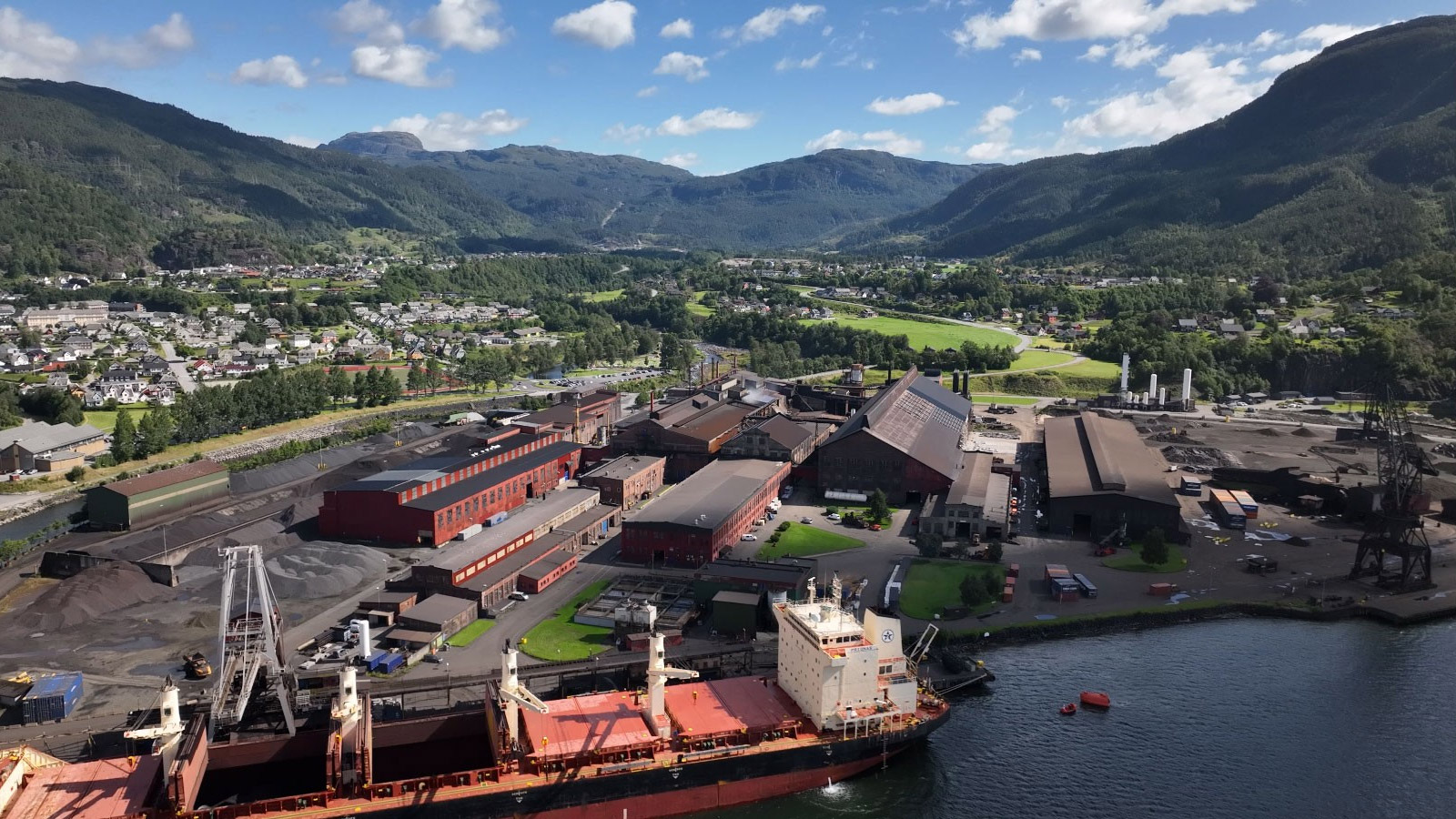
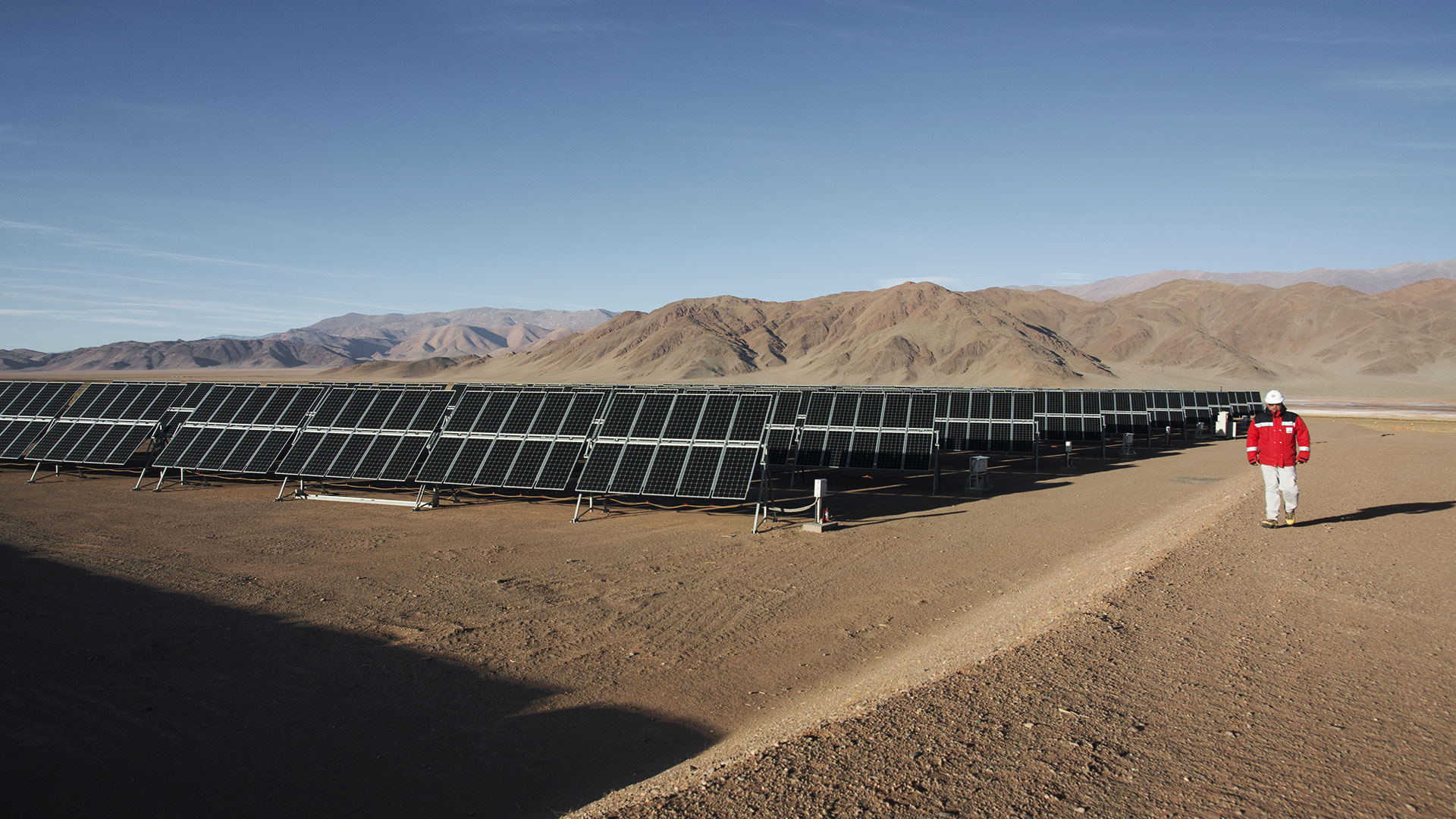
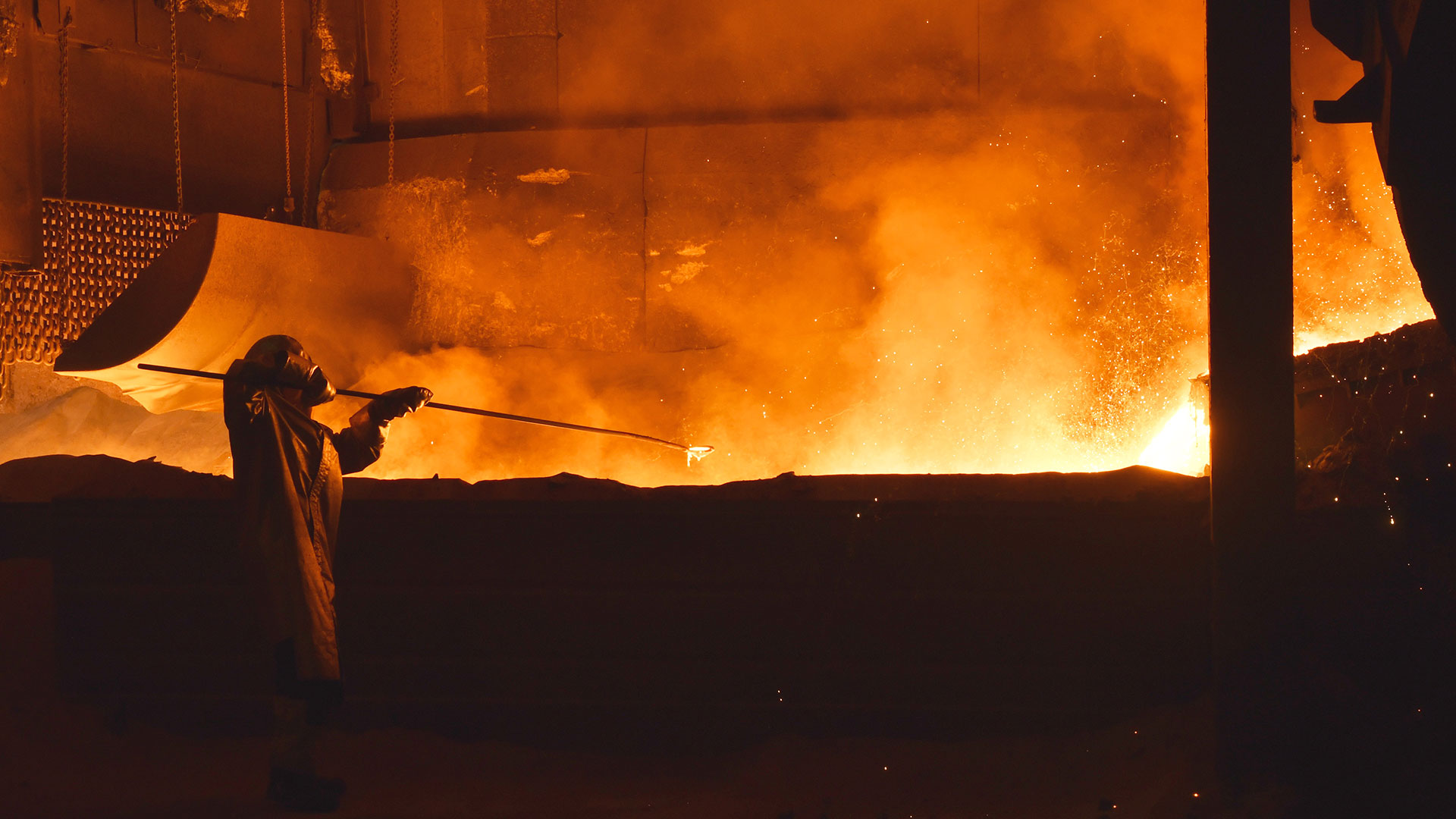
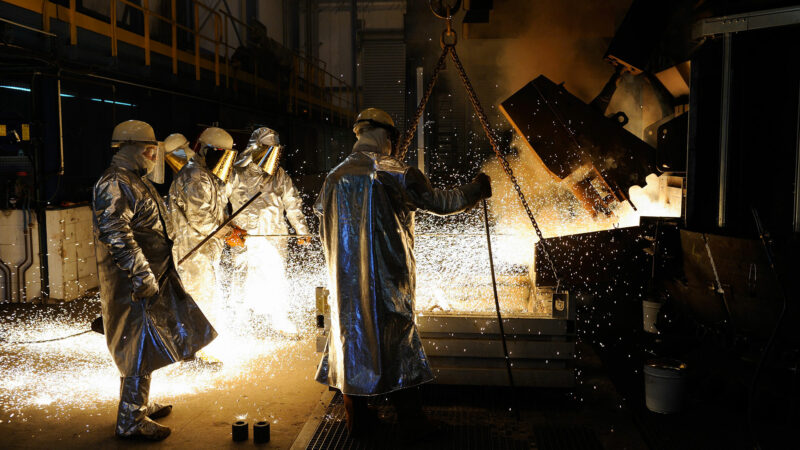
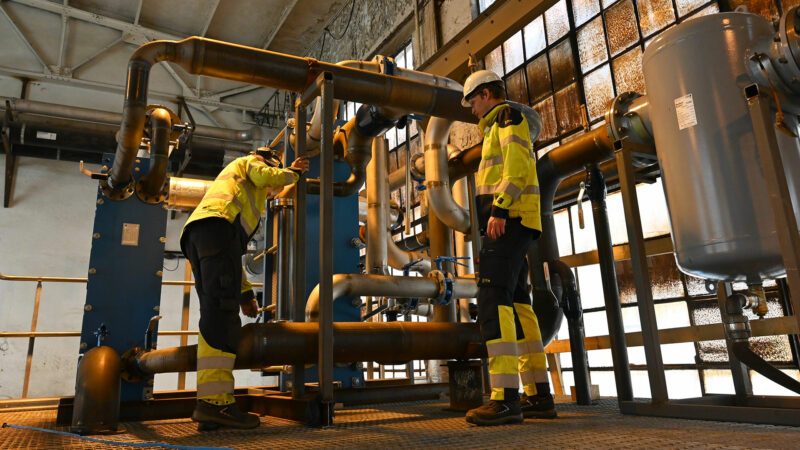 In 2022, Eramet carried out a study on its Sauda site (Norway) to assess the feasibility of capturing the carbon dioxide generated on site. Funding from the Norwegian authorities
In 2022, Eramet carried out a study on its Sauda site (Norway) to assess the feasibility of capturing the carbon dioxide generated on site. Funding from the Norwegian authorities 